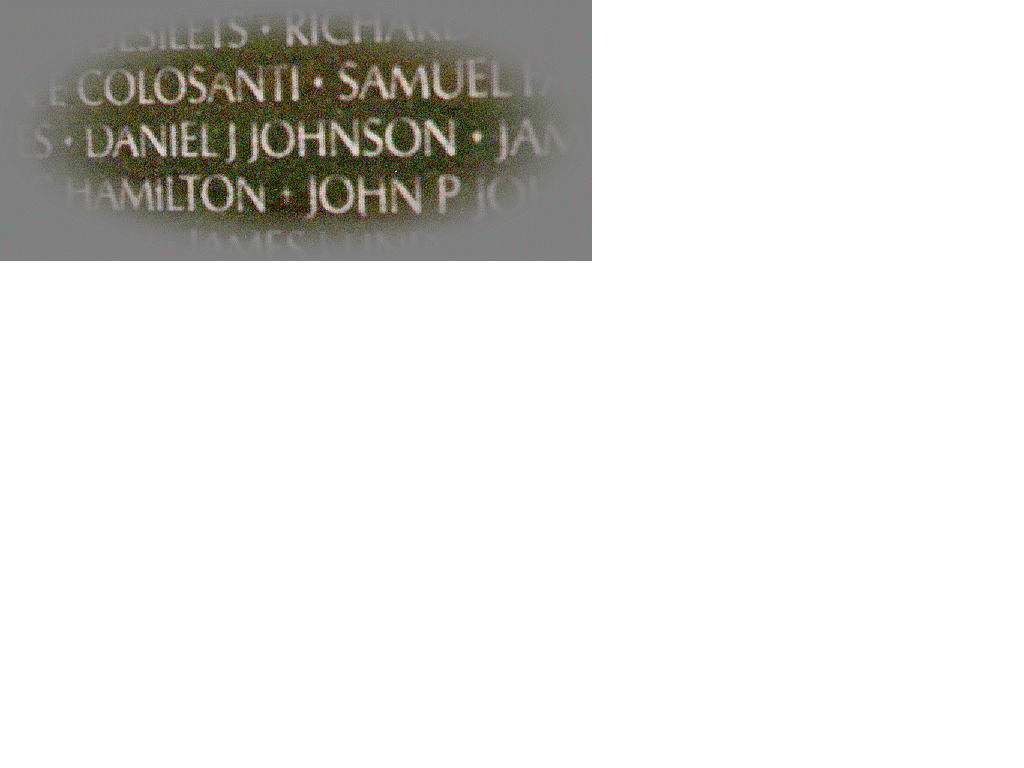 Back
Back 
I got a little leery. I was tired of people looking at me like I had two heads when they heard about my trip, or outright asking me if I was crazy. If I could count the times I heard 'What the hell are you going *there* for?'... So I nodded my head at Betty and prepared for the usual spiel. Instead, she asked, "Are you going to Da Nang?" Now this was a switch for me; someone who wasn't a veteran actually knowing the name of a city in Vietnam.
I asked, "Who do you know who served in Da Nang?"
"My son died there."
For a moment I didn't know what to say. The mothers. I hadn't thought about the mothers. "Yes, I am going to Da Nang," I replied softly, dropping my guard. "I am very sorry about your son."
"Will you bring me something back from Da Nang? Anything. He died at China Beach. Sand...seashells from China Beach. Just something from his last place on earth. It's so hard when they die so far from home." Tears glistened in her eyes, and I felt them in my own. Of course, I would bring her something. I would make it a mission.
Daniel Joseph Johnson, 19 years old, was badly wounded in Quang Tri in January 1968 and was brought to the hospital at China Beach, where he died four days later.
Days later I was 12,000 miles away. My trip began in North Vietnam and led me through the Hoa Binh Province outside Hanoi. Our group's interpreter, Mai, asked if we could stop at her grandmother's house for a visit, since we'd be driving right by it. Mai's grandmother, Mrs. Vung, was 81 years old. She was a tiny, wizened woman with a face like a dried appledoll, standing six inches short of my shoulder.
"It isn't polite to address elders by their name," Mai told me. "You should caller her Ba. It means grandmother."
"Ba," I said, "Who is the soldier in the picture?" Mai translated. Ba Vung had an altar decorated for Tet in her main living area, where she had spread out green tea and coconut cookies for her guests. A kumquat tree and a pink spray of peach blossoms decorated her altar, along with offerings of fruit. A faded black and white photograph of a soldier in a pith helmet held a place of honor above it all. I assumed he was a soldier from the French-Indochine War, the photograph looked so old.
"That is my son," Mai translated for her grandmother. "He was in the North Vietnamese Army during the American War. He died in the Quang Tri Province."
My head snapped around. "What year?" I asked. 1970 was her reply. Two years after Betty's son. His name was Hung. His body had never come home.
I leaned in the doorway pondering all this while the attention of the others turned back to the tea and cookies. I studied Ba Vung in her black dress and velvet wrapped head. My god, I thought, she is entertaining a room full of Americans, inviting her neighbors over to see the honor that had come her way. She showed us no rancor, only a gracious welcome. I had a hard time believing for a moment where I was, how things change in 20-odd years time. I could not get over it.
Later I told Mai that my partner Bob had fought in Vietnam in 1970, just as her uncle had. She was quite taken by that. She was eager to know how he felt about me coming to Vietnam, how he feels about Vietnam now, if he wishes to return. I told her also how Betty's son had been shot in Quang Tri. She nodded gravely.
"For the Vietnamese," she said, "the war is over. It is in the past. We have our memories and our many memorials. But Americans are welcome here. Especially the veterans. We understand their pain and their losses. We suffered them ourselves."
Days later, I was in Da Nang in a hotel right on China Beach. The rest of my group wanted to explore the Cham Museum and the marketplace, but I was adamant that I was going down to the beach. 'You've seen one beach,' someone said, 'you've seen them all.' I got up early that morning and staggered down to the beach, suffering from the first pangs of intest- inal distress. Clouds billowed over the waves, partially obscuring the rising sun, and round basket fishing boats, called coracles, lined the shore. A little girl chased after me with a basket of cheap figurines.
"Madame, you buy? You buy?" I shook my head and eventually lost her. I wanted to be alone and remember for a moment, Daniel Joseph Johnson, for his mother. I knelt in the sand and gathered up a prescription bottle full of sand and added to it several shells out of the waves. It didn't feel like enough, but a cheap souvenir seemed like even less.
I thought about Betty, and I thought about Ba Vung. Two mothers, two sons, two tragic losses. The war is over, I thought, but no one has forgotten.
 Back
Back